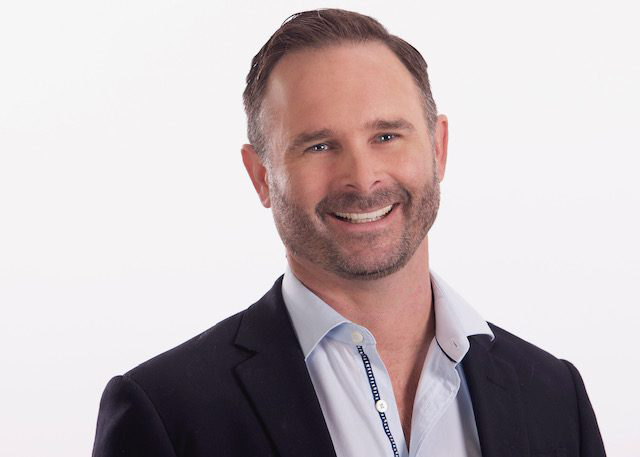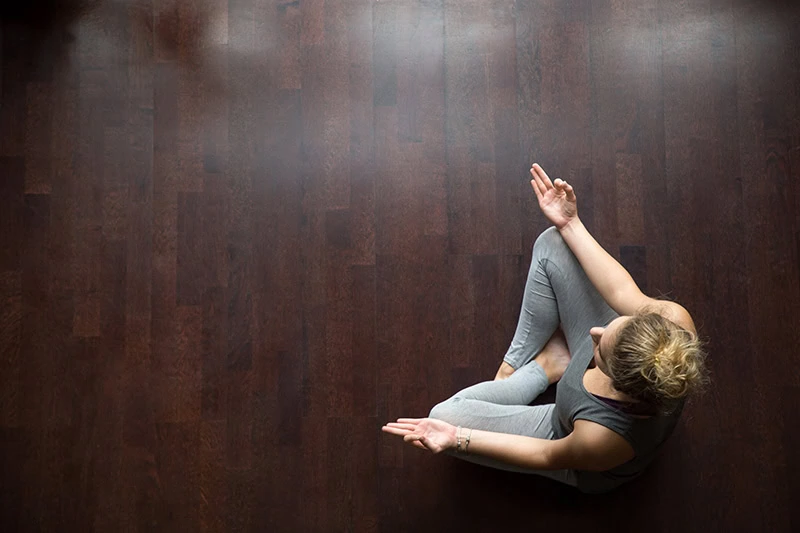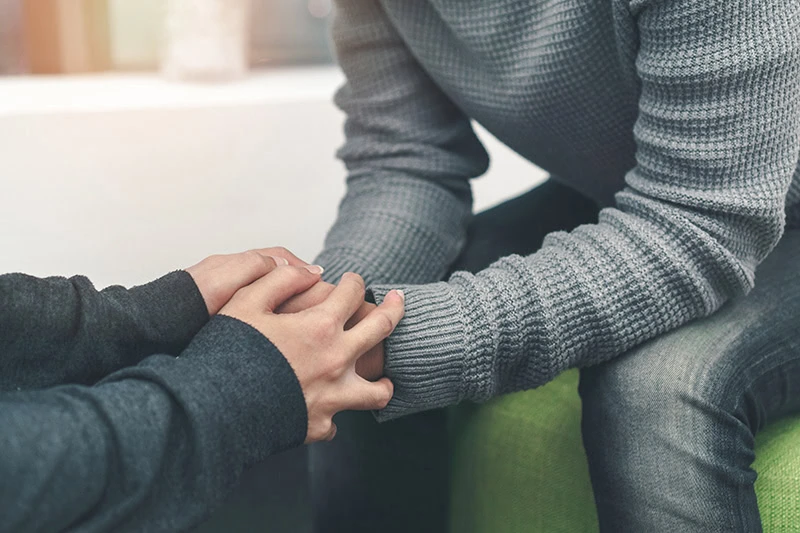Drug addiction is a worldwide problem, and understanding what the first steps of drug treatment are can be a lifesaver. This is a step-by-step guide through the first steps of drug treatment, designed to help you find your purpose and get started on your road to recovery.
Why The First Steps of Drug Treatment Are So Important
Healing from addiction starts with the moment of realization that help is needed. This often happens after recognizing the harm drugs have caused to one’s health, relationships, or life overall. It requires courage, but it’s the first step toward everything else.
How Common is Drug Addiction?
There were 48.7 million Americans aged 12 years old or older with substance use disorder (SUD) in 2022, according to data from the National Survey on Drug Use and Health. Three out of four of those with an SUD did not receive treatment, however. Starting early on can make a huge difference in whether or not somebody gets better.
Signs of Addiction
Before anyone starts getting treated, they should know what signs point toward them having an addiction. Some common symptoms of drug addiction include:
- Physical changes like weight gain or loss and bloodshot eyes
- Behavioral changes such as neglecting responsibilities, hanging out with new friends who also use drugs, and secretiveness
- Mental or emotional shifts like sudden mood swings, anxiety attacks out of nowhere, or becoming very paranoid over nothing at all.
The sooner one recognizes these things, the quicker and more successful their recovery will likely be.
Treatment for Addiction
Detox
Starting drug treatment often begins with detoxing your body from harmful substances. With medical supervision, clients go through withdrawal. Their medical team can ensure their safety during this challenging period.
What Happens During Detox?
- Initial assessment: Determining the client’s current health condition to ensure safety.
- Managing withdrawal: Using medications and therapies to keep detoxing individuals comfortable while their body gets used to not having drugs in its system anymore.
- Continued support: Ensuring that support staff members are always present for those going through this process at any time of day or night and have access to doctors if necessary.
Assessment and Diagnosis
To fully understand the severity of an individual’s drug addiction and any other underlying issues, specialists conduct comprehensive evaluations. This thorough analysis enables professionals to determine the most effective treatment approaches tailored to each person’s unique needs.
Components of Assessment
- Medical history: Looking back at all past surgeries, illnesses, or hospitalizations
- Psychiatric evaluation: Trying to determine whether any mental health disorders are affecting substance abuse issues
- Substance use history: What drugs have been used most frequently or for the most prolonged periods? How much did they affect the individual’s health and wellness?
Individualized Treatment Plans
Drug treatment should always consider each person’s unique needs. That’s why at SEE Purpose Treatment Center, we offer many different types of evidence-based therapy to work from when creating personalized plans for our clients.
Types Of Therapy
- Dialectical behavior therapy (DBT) helps people learn to handle their emotions in new ways, avoid self-destructive habits, and adopt healthier behaviors.
- Cognitive behavioral therapy (CBT) works by teaching your brain to swap out negative thought patterns for positive ones, gradually making the old negative ways obsolete.
- Group and family therapy: When clients share their struggles with others and include their loved ones in the journey, everyone heals faster than they would on their own.
Environment for Success
Recovery is much more likely when you have other people around who are also trying not to use drugs anymore. SEE Purpose Treatment Center boasts several amenities designed to create an environment where healing can take place quickly and naturally.
Our facilities include:
- A few acres of open land that create a tranquil and peaceful environment.
- Amenities such as a swimming pool, gourmet meals, and an on-site client lounge.
- Entertainment options such as billiards, ping-pong, and other fun activities.
These features foster a well-rounded recovery experience for the body and mind alike.
Developing Strategies for the Long Haul
The period between treatment and normal daily living is crucial. SEE Purpose Treatment Center concentrates on creating sustainable aftercare planning strategies to prevent relapse while ensuring continued sobriety in the long run.
This can include:
- Relapse prevention plans: Customized strategies for responding to triggers.
- Life skills training: Assisting individuals to establish productive and sober lives.
- Ongoing support: Continuous therapy sessions, as well as support groups.
Take Your First Steps of Drug Treatment at SEE Purpose Treatment Center
Beginning recovery can be challenging, but you shouldn’t have to face it alone; this is where we come into play. Our top-rated drug and alcohol rehab center offers a complete drug treatment plan that starts with detox and goes all the way through extended care. We offer inpatient substance abuse treatment services so you can fully focus on your recovery journey.
Our tailored programs, which have solid clinical foundations alongside luxurious facilities, will enable you to regain your true self while giving you back control of your life. Ready to take the first step? Contact us today at SEE Purpose Treatment Center and start your journey toward a healthier, happier future. Find your purpose with us!




